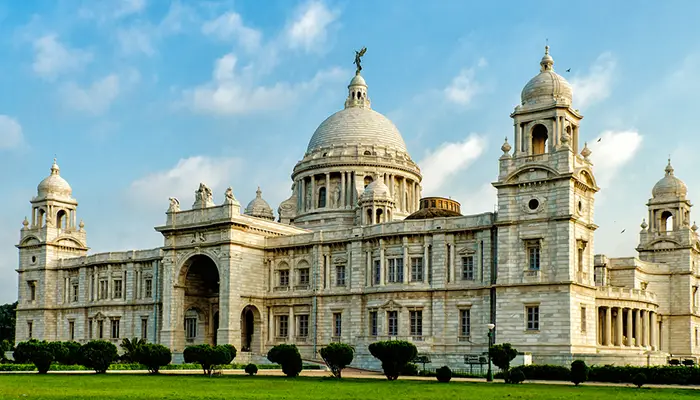Gwalior Fort: A UNESCO World Heritage Site Unraveling Madhya Pradesh's Rich Cultural Heritage
- Admin
- 1 year ago
- 3 minutes read

Let’s test your knowledge on this UNESCO World Heritage Site - Gwalior!
Nestled majestically in the heart of Madhya Pradesh, Gwalior Fort stands as a testament to India's rich cultural and historical heritage. Recognized as a UNESCO World Heritage Site, this fort is a treasure trove of architectural marvels, legends, and stories that date back centuries. Here’s all you need to know about the grandeur and significance of Gwalior Fort in untying the culture Madhya Pradesh.
A Glimpse into History
Gwalior Fort boasts a history that spans over a thousand years, with its origins tracing back to the 8th century. It has witnessed the rise and fall of dynasties, from the Tomars to the Mughals and the Marathas, each leaving their indelible mark on its walls and structures. The fort's strategic location atop a steep hill made it a formidable stronghold and a coveted prize for many rulers throughout history.
Architectural Splendour
One of the most captivating aspects of Gwalior Fort is its architectural diversity, reflecting the influences of various dynasties and periods. The imposing structures within the fort complex include the magnificent Man Singh Palace, adorned with intricate carvings and frescoes that depict mythological tales and royal life. The Sas Bahu Temples, dedicated to Lord Vishnu, showcase exquisite craftsmanship with their intricate sculptures and ornate ceilings.
The Teli Ka Mandir, a blend of North and South Indian architectural styles, stands tall with its towering vimana and intricately carved walls. The Jain sculptures at the fort, such as the impressive Siddhachal Jain Temple, provide a glimpse into the religious harmony and artistic finesse of ancient India.
Legends and Folklore
Gwalior Fort is not just a monument of stone; it is a living repository of legends and folklore that continue to enchant visitors. One such legend is that of Rani Padmavati, whose beauty and bravery are celebrated in tales of chivalry and sacrifice. The haunting melodies of Tansen, the legendary musician in Akbar's court, are said to have echoed through the fort's chambers, adding to its mystical allure.
Cultural Heritage and Festivals
The cultural heritage of Gwalior Fort comes alive during festivals and events that celebrate its rich legacy. The Tansen Music Festival, held annually near the fort, pays homage to the legendary musician and showcases classical music performances by renowned artists. The Gwalior Trade Fair, with its vibrant display of local arts, crafts, and cuisine, offers a glimpse into the region's traditional culture and heritage.

Preservation and Conservation Efforts
As a UNESCO World Heritage Site, Gwalior Fort is not just a historical relic but a site of immense cultural value that requires careful preservation and conservation efforts. Initiatives to protect the fort's heritage structures, prevent encroachment, and promote sustainable tourism are essential to ensure that future generations can continue to appreciate its beauty and significance.
Visiting Gwalior Fort
For travellers and history enthusiasts, a visit to Gwalior Fort is a journey back in time, where each stone tells a story and every corner echoes with the whispers of history. The panoramic views from the fort's ramparts, overlooking the city of Gwalior and the surrounding landscape, offer a breathtaking experience that is both awe-inspiring and enlightening.
Gwalior Fort stands as a proud symbol of Madhya Pradesh's rich cultural heritage, inviting visitors to unravel its mysteries and immerse themselves in a bygone era of grandeur and splendour. As we learn about at its architectural wonders and delve into its historical significance, we also understand the responsibility of preserving and cherishing this invaluable legacy for generations to come.

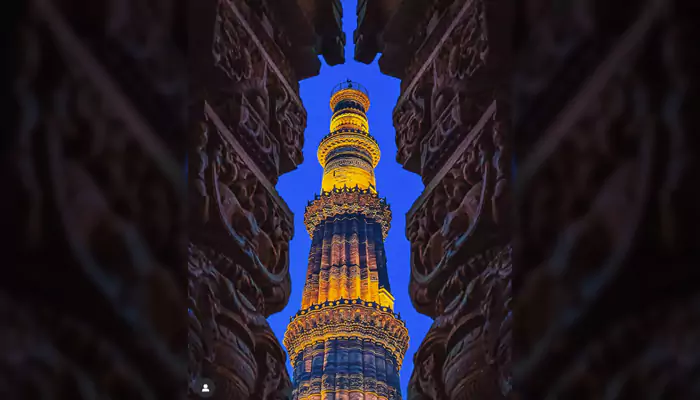

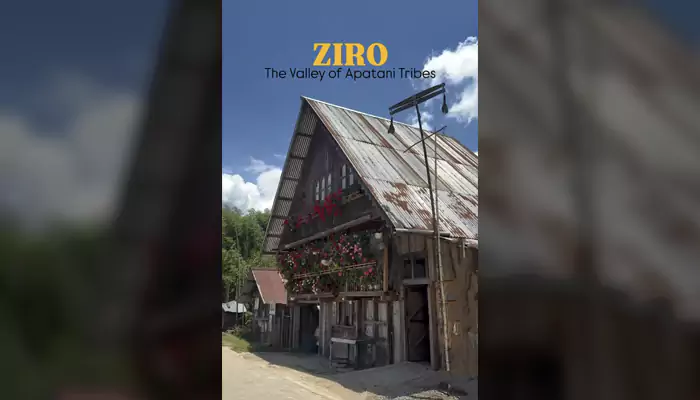

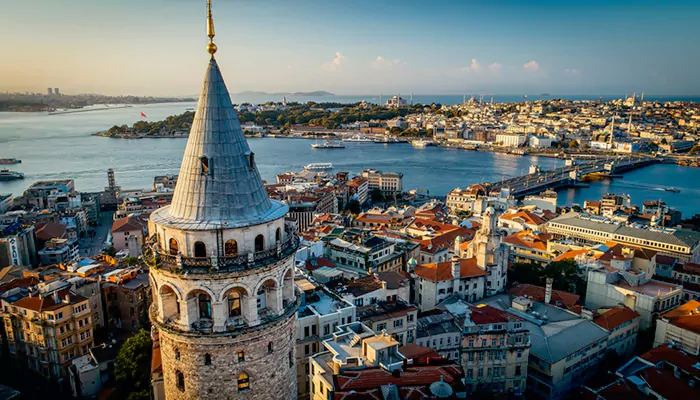
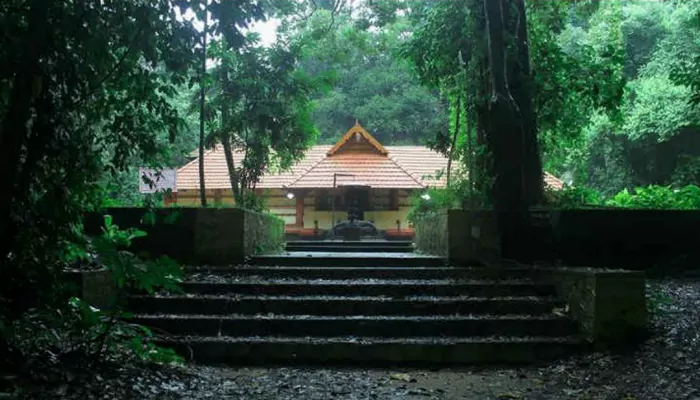

.webp)



